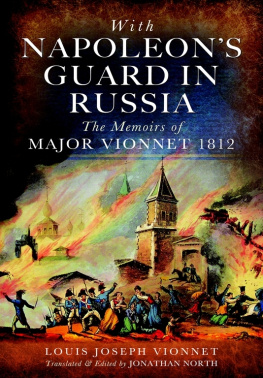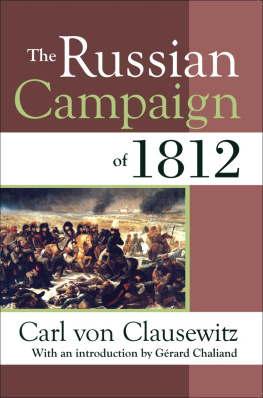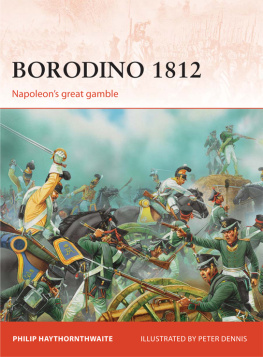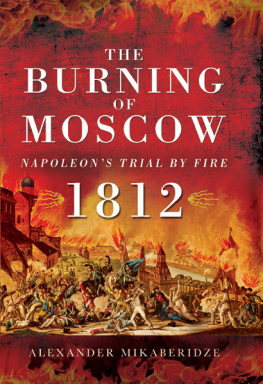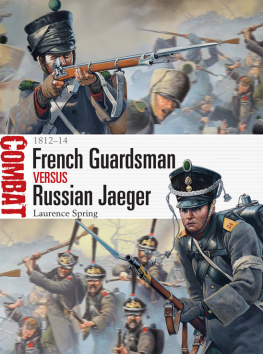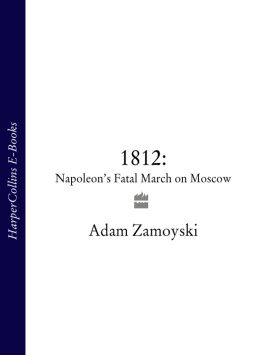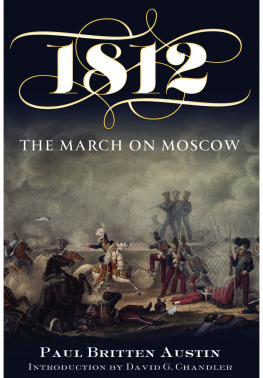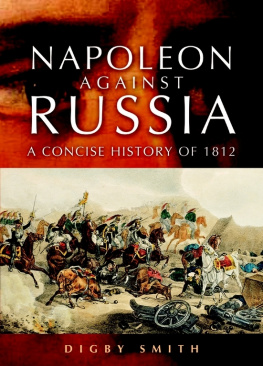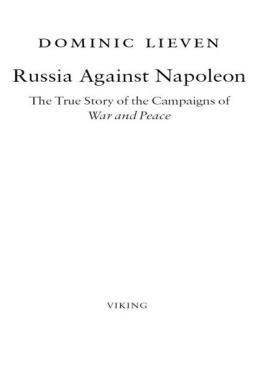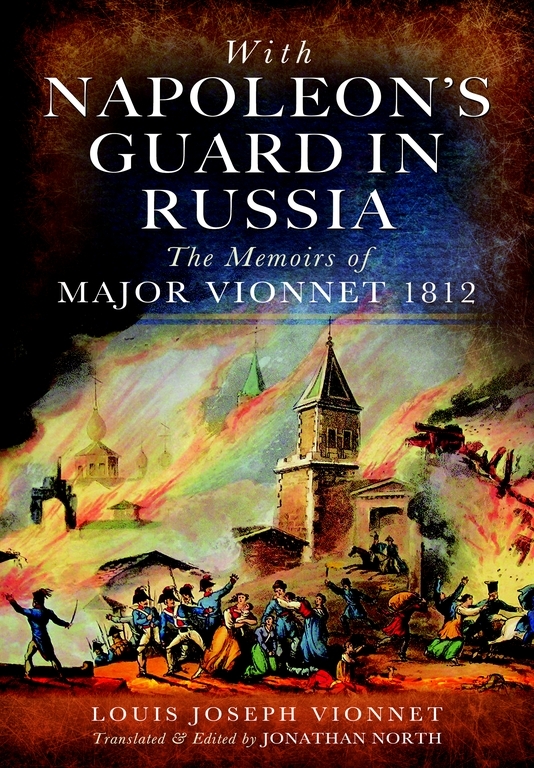North Jonathan - With Napoleons Guard in Russia : the Memoirs of Major Vionnet, 1812
Here you can read online North Jonathan - With Napoleons Guard in Russia : the Memoirs of Major Vionnet, 1812 full text of the book (entire story) in english for free. Download pdf and epub, get meaning, cover and reviews about this ebook. City: Havertown, year: 2013, publisher: Pen and Sword, genre: Non-fiction. Description of the work, (preface) as well as reviews are available. Best literature library LitArk.com created for fans of good reading and offers a wide selection of genres:
Romance novel
Science fiction
Adventure
Detective
Science
History
Home and family
Prose
Art
Politics
Computer
Non-fiction
Religion
Business
Children
Humor
Choose a favorite category and find really read worthwhile books. Enjoy immersion in the world of imagination, feel the emotions of the characters or learn something new for yourself, make an fascinating discovery.
- Book:With Napoleons Guard in Russia : the Memoirs of Major Vionnet, 1812
- Author:
- Publisher:Pen and Sword
- Genre:
- Year:2013
- City:Havertown
- Rating:4 / 5
- Favourites:Add to favourites
- Your mark:
With Napoleons Guard in Russia : the Memoirs of Major Vionnet, 1812: summary, description and annotation
We offer to read an annotation, description, summary or preface (depends on what the author of the book "With Napoleons Guard in Russia : the Memoirs of Major Vionnet, 1812" wrote himself). If you haven't found the necessary information about the book — write in the comments, we will try to find it.
Louis Joseph Vionnet, Vicomte de Maringon, was born in Longueville in 1769, the son of a peasant and a lace maker. He joined the artillery in 1793 and was promoted to captain in the line in 1794. He fought in Italy in 1796, in the line infantry in 1798 and the Guard grenadiers in 1806, and campaigned in Prussia, Poland and Spain. In 1809, he joined the Fusiliers of the Guard, fought again in Spain in 1811 and then, with the rank of major, he took part in the 1812 Russian campaign, which he survived. He retired in the 1830s and died in 1834
North Jonathan: author's other books
Who wrote With Napoleons Guard in Russia : the Memoirs of Major Vionnet, 1812? Find out the surname, the name of the author of the book and a list of all author's works by series.

